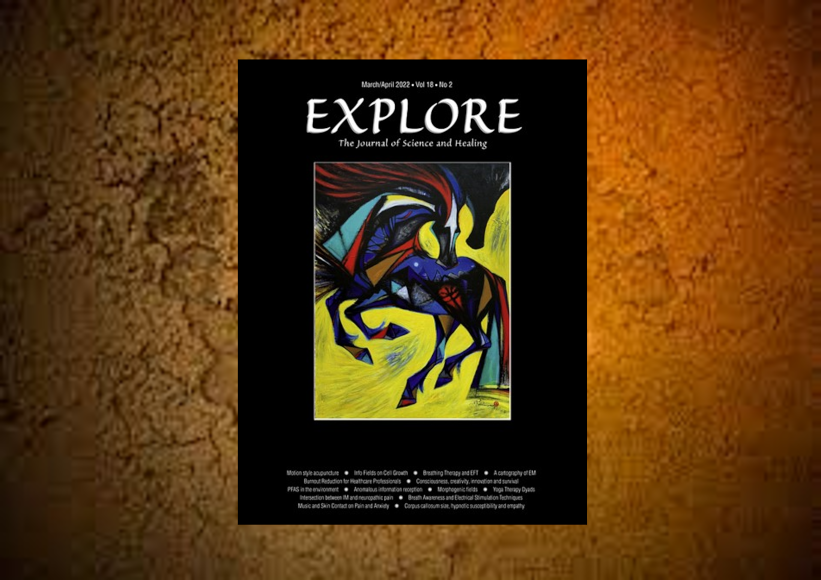Abstract
The importance of spirituality as a research topic has been increasingly recognized, which has led to several studies on the topic. Areas including psychology, medicine, and nursing have produced studies on spirituality under a plurality of definitions and methods, which reveals the complexity of the theme. However, this has resulted in a range of potential problems, including: (1) the use of overlapping and contradictory terms between studies, or even within the same study, (2) research methodologies that do not fit the definitions (sometimes unreflectively) assumed by the authors, (3) difficulties, or even the impossibility, of comparing the results of studies, (4) controversies in respect of the inclusion/exclusion of secular groups in research on spirituality, and (5) ambiguous measurements, often being exclusively dependent on each participant’s individual interpretation of what spirituality means. This article discusses these problems, recommends theoretical and methodological alternatives and presents a taxonomy of definitions of spirituality.

PDF disponível aqui.


